This article was medically reviewed by Mark Ziats, MD, PhD. Dr. Mark Ziats is an Internal Medicine Physician, Scientist, Entrepreneur, and the Medical Director of xBiotech. With over five years of experience, he specializes in biotechnology, genomics, and medical devices. He earned a Doctor of Medicine degree from Baylor College of Medicine, a Ph.D. in Genetics from the University of Cambridge, and a BS in Biochemistry and Chemistry from Clemson University. He also completed the INNoVATE Program in Biotechnology Entrepreneurship at The Johns Hopkins University - Carey Business School. Dr. Ziats is board certified by the American Board of Internal Medicine.
This article has been viewed 28,405 times.
Hypothyroidism refers to an underproduction of thyroid hormone in the body. Some people may have it without showing overt symptoms, while others may show visible signs and symptoms.[1] It varies from person to person. The signs appear due to either a slowing of your metabolism or accumulation of sugar molecules called glycosaminoglycans. Being able to spot early signs of hypothyroidism can help you to get tested for it and to seek medical treatment when needed.
Steps
Recognizing Early Signs
-
1Evaluate your energy levels.[2] One of the most common signs of potential hypothyroidism is fatigue, and/or a recent drop in your energy levels. Because the thyroid is directly related to your metabolism, hypothyroidism correlates to a slower metabolism which can lead to a feeling of fatigue and sluggishness.
-
2Observe any recent weight changes.[3] Hypothyroidism may also cause you to gain weight, again because your metabolism is slowed down below its normal level. If you have been gaining weight lately for a seemingly unexplainable reason, it is possible that this is related to hypothyroidism.Advertisement
-
3Notice how you feel in the cold.[4] Another potential consequence of hypothyroidism is an intolerance of cold weather, meaning that you feel less able to handle being out in the cold. When your metabolism is slowed (as it is in hypothyroidism), you cannot generate the same internal heat to keep yourself warm.
-
4Consider any changes in your skin, hair, or eyes.[5] Hypothyroidism can lead to signs such as drier, thicker skin (from the glycosaminoglycan deposits in your tissues); a lack of sweating (due to decreased metabolism); fewer, coarser hairs on your body or eyebrows; and/or brittle nails. If you are noticing any of these things, especially in conjunction with other more common signs, and symptoms such as fatigue and weight gain, book an appointment with your doctor to have your thyroid tested.
-
5Watch for changes in your mood or sleep habits.[6] For some, hypothyroidism can manifest as a depressed mood. For others, it can lead to unusual snoring and/or fitful periods of sleep with awakenings during the night (as sometimes hypothyroidism can lead to concurrent sleep apnea).
-
6Take note of unusual constipation.[7] Hypothyroidism can also lead to constipation. If you are having bowel movements fewer than three times per week (over a period of at least three weeks), or significantly less than your normal, consult your physician. This may or may not be related to hypothyroidism; either way, it is something that is beneficial to speak up about as your doctor can help you to manage this problem.
-
7Be aware of any unusual shortness of breath.[8] Sometimes hypothyroidism can cause you to be short of breath, particularly during exertion. If you are finding it harder than normal to catch your breath walking or working out at the gym, it may be a sign of thyroid abnormalities. (If it is not hypothyroidism, unexplained shortness of breath is still a concern that should be evaluated by your physician.)
-
8Be on the lookout for other potential signs.[9] Hypothyroidism can manifest in a variety of different ways and varies from person to person. Signs that occur less frequently (but may still be indicative of hypothyroidism) include:
- Mild swelling around the eyes
- Menstrual irregularities in women
- Mild high blood pressure (this will require a doctor's evaluation)
- Elevated cholesterol (this will require a doctor's evaluation)
- Memory loss[10]
- Cognitive dysfunction (memory, concentration)
- Hoarse voice
- Leg swelling
- Slow heart rate
Seeking Medical Help
-
1Get a blood test.[11] If you are showing signs of potential hypothyroidism, your doctor can perform a simple blood test to confirm the diagnosis. Normally, your doctor will check for thyroid stimulating hormone (TSH) and T4 (one of the hormones released from the thyroid); sometimes T3 is also tested for.
- TSH is a hormone that is made by your brain that travels to your thyroid gland (which is in the middle of the front of your neck) and tells it to make thyroid hormones.
- There are a number of different forms of thyroid hormone in the body termed T4, T3, etc. T4 is the main active hormone, so this is the one that is tested.
- A blood test is the definitive way to diagnose hypothyroidism, and it is the only sure way to know whether or not you have the condition.
-
2Obtain treatment if needed.[12] If you are diagnosed with hypothyroidism, the good news is that the treatment is generally quite simple. Most people are prescribed synthroid (Levothyroxine), which is a thyroid replacement hormone (synthetic T4) to get your levels back into the normal range. Speak to your doctor to obtain a prescription for this medication if you have been officially diagnosed with hypothyroidism on your blood tests.
- Synthetic T4 hormone should be taken on an empty stomach, ideally an hour before breakfast.
- Note, however, that hypothyroidism treatments may not take immediate effect.
- Your doctor will need to pay close attention to your thyroid levels over the first few months to determine the correct dosage of medication.[13]
-
3Receive regular thyroid measurements.[14] After being diagnosed and receiving initial medical treatment, you will need to go in for regular blood tests to ensure that your thyroid levels are normal. If they continue to fall outside the normal range (being either too high or too low), your doctor can adjust the dose of your medication to ensure that your thyroid levels do fall within the normal range.
References
- ↑ http://www.uptodate.com/contents/hypothyroidism-underactive-thyroid-beyond-the-basics
- ↑ http://www.mayoclinic.org/diseases-conditions/hypothyroidism/symptoms-causes/dxc-20155382
- ↑ http://www.mayoclinic.org/diseases-conditions/hypothyroidism/symptoms-causes/dxc-20155382
- ↑ http://www.mayoclinic.org/diseases-conditions/hypothyroidism/symptoms-causes/dxc-20155382
- ↑ http://www.uptodate.com/contents/hypothyroidism-underactive-thyroid-beyond-the-basics
- ↑ http://www.uptodate.com/contents/hypothyroidism-underactive-thyroid-beyond-the-basics
- ↑ http://www.uptodate.com/contents/hypothyroidism-underactive-thyroid-beyond-the-basics
- ↑ http://www.uptodate.com/contents/hypothyroidism-underactive-thyroid-beyond-the-basics
- ↑ http://www.uptodate.com/contents/hypothyroidism-underactive-thyroid-beyond-the-basics
- ↑ http://www.cbsnews.com/news/hidden-symptoms-that-could-signal-major-health-problems/
- ↑ http://emedicine.medscape.com/article/122393-workup
- ↑ http://emedicine.medscape.com/article/122393-workup
- ↑ http://www.mayoclinic.org/diseases-conditions/hypothyroidism/diagnosis-treatment/treatment/txc-20155362
- ↑ http://www.uptodate.com/contents/hypothyroidism-underactive-thyroid-beyond-the-basics
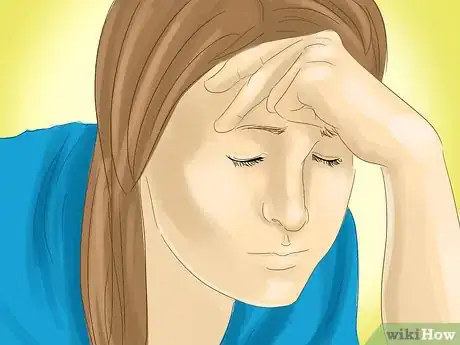
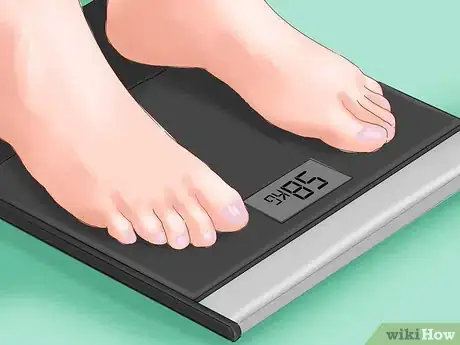

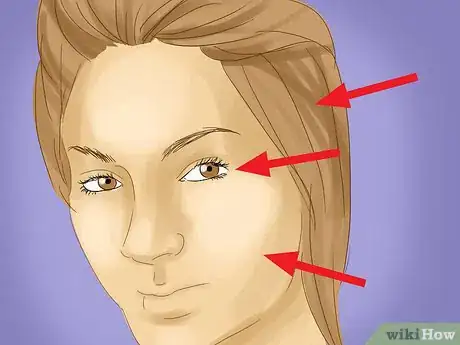
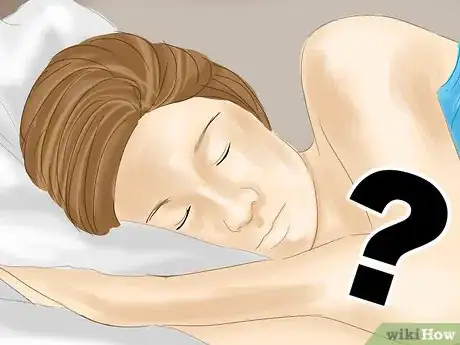

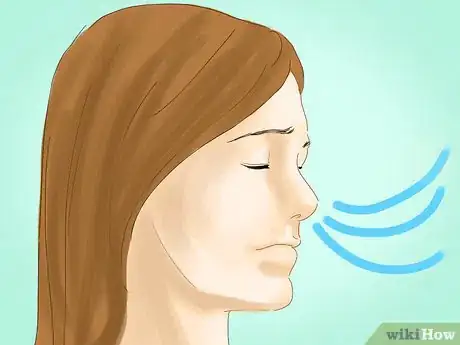
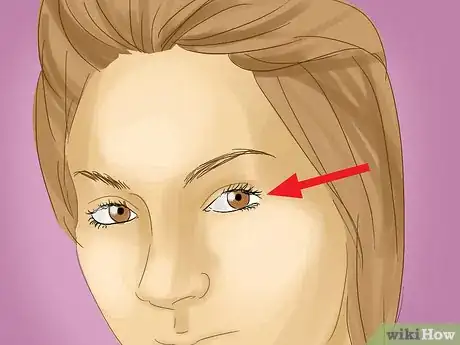
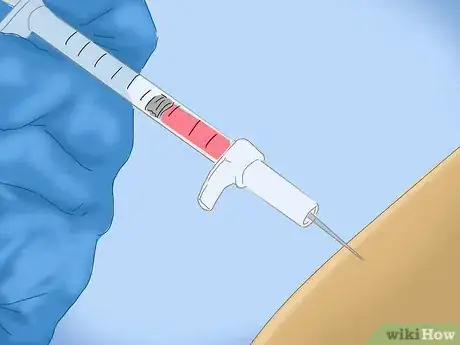
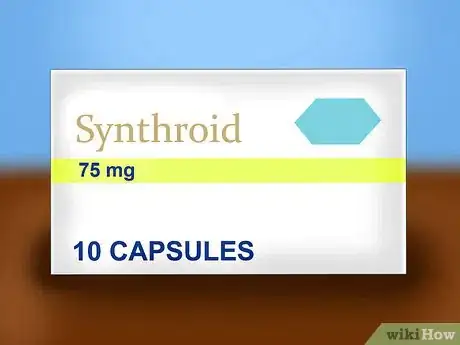
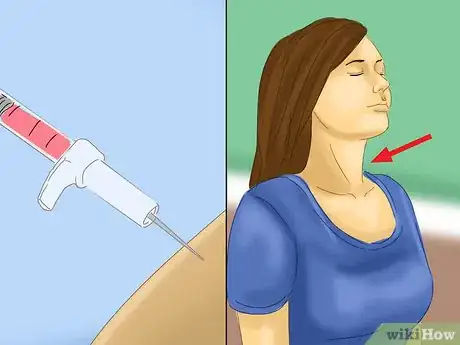
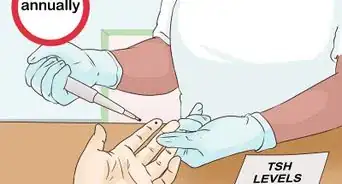
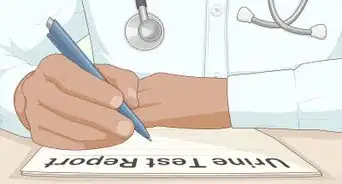
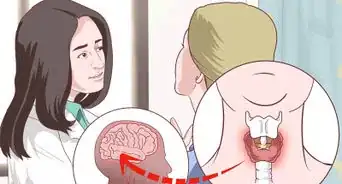
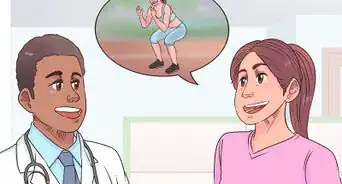

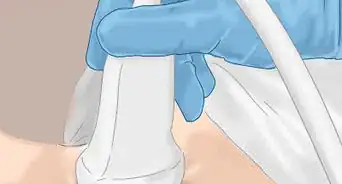

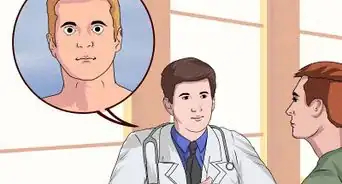

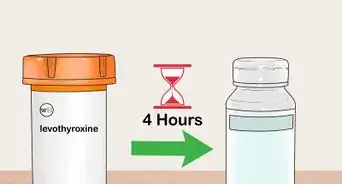
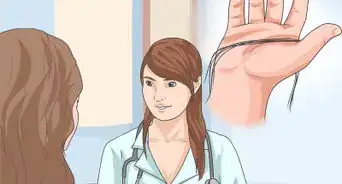
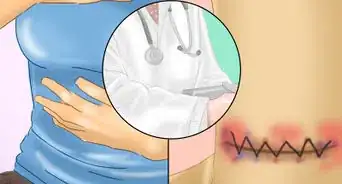
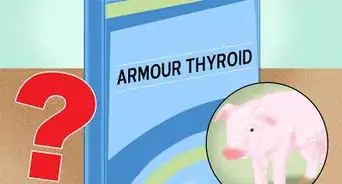
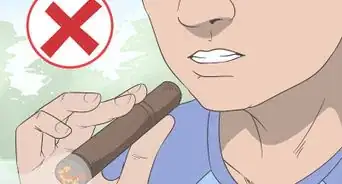







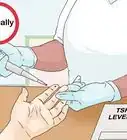

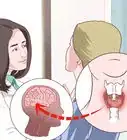
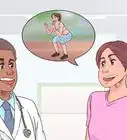



































Medical Disclaimer
The content of this article is not intended to be a substitute for professional medical advice, examination, diagnosis, or treatment. You should always contact your doctor or other qualified healthcare professional before starting, changing, or stopping any kind of health treatment.
Read More...